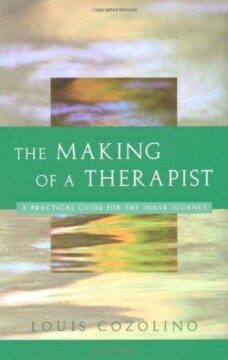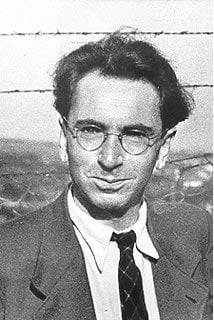by Marie Snyder

I recently listened to a podcast of Dr. Louis Cozolino, a neuroscientist and psychoanalyst, discussing what he would teach if he were training psychotherapists. The first year would be phenomenology: the power of Carl Rogers’ perspective to train how to develop an alliance through reflective listening while keeping countertransference out of the session. The second year would be physiology: developmental neuroscience and the evolutionary history of brains and bodies. The third year might be called intersectionality: the interpenetration of the spectrum of options that affect clients – brain, mind, family, culture – and a reaction against therapy as a mere opiate to calm the oppressed and exploited. The final year would be on narratives and stories that we live by and on that half second that it takes our brain to construct our experience of the present and feed it back to us.
Cozolino insists that it’s not enough to just sit and listen to people vent. After developing a non-judgmental alliance with the client, therapists need to be “amygdala whisperers,” to be able to down modulate amygdala activation to stop any inhibitory effect on the parietal system that enables problem solving. In other words, they need to soothe anxieties while arousing enough interest for clients to be able to learn new information. Then it’s time to challenge the client’s old system of thinking, slowly and delicately, a little at a time, to help them expand previous conceptualizations of themselves and the world. There’s a necessary plan and a strategy to the sessions. Read more »


 The second half of Frankl’s
The second half of Frankl’s  At the heart of French existentialism – and especially the version associated with its most famous representative, Jean Paul Sartre – was the notion of radical freedom. On this view, when we choose, we choose our values and thus what kind of person we are going to be. Nothing can prescribe to us what we ought to value, and the responsibility of freedom is to accept this fact of the human condition without falling into the ‘bad faith’ which would deny it. The moment of existentialism may have passed, but the view that we are radical choosers of our values persists in many quarters, and so I want to consider how well this idea holds up, and what an alternative to it might look like.
At the heart of French existentialism – and especially the version associated with its most famous representative, Jean Paul Sartre – was the notion of radical freedom. On this view, when we choose, we choose our values and thus what kind of person we are going to be. Nothing can prescribe to us what we ought to value, and the responsibility of freedom is to accept this fact of the human condition without falling into the ‘bad faith’ which would deny it. The moment of existentialism may have passed, but the view that we are radical choosers of our values persists in many quarters, and so I want to consider how well this idea holds up, and what an alternative to it might look like.